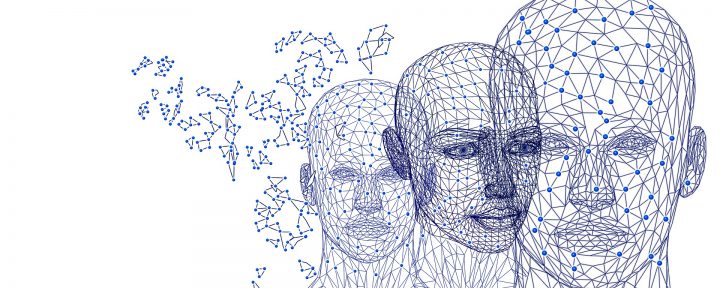
Most Common Symptoms of Avoiding and Dependent Personality Disorder 21-10-2019
A personality disorder is a permanent and inflexible pattern of internal experience and behavior that departs from the expectations of the person's culture, begins in adolescence or early adulthood, is stable over time, and involves discomfort or harm to the subject.
Here are some of the most common symptoms of the following disorders:
Avoidant personality disorder
People with this disorder show behavior patterns marked by frequent feelings of inferiority, social inhibition and high sensitivity to the judgement of others. The most characteristic symptoms are the following:
- They tend to avoid tasks or activities that involve an important interpersonal contact for fear of receiving criticism, disapproval or rejection.
- They are often reluctant to engage with others if they do not sure to be liked by them.
- They are afraid to be embarrassed and ridiculed, so they appear repressed, distant and inhibited from interpersonal relationships.
- They tend to see themselves as inadequate, inept, inferior to others and personally uninteresting.
- They may be extremely reluctant to take personal risks or to become involved in new activities because they can be compromising.
Dependent Personality disorder
People with this disorder show a general and excessive need to be taken care of This leads to submissive behavior marked by a great fear of a possible separation. The most characteristic symptoms are: following:
- The person has difficulty making day-to-day decisions unless they excessively rely on the advice and affirmations of others.
- The individual needs others to take responsibility for the main aspects of his life.
- They have difficulty expressing disagreement with others due to the fear of losing their support or approval.
- Tends to have difficulty initiating projects or doing things their way, as it presents a lack of confidence in its own judgment or in their capabilities
- They can even offer to do tasks that they dislike in order to receive the support and protection of others.
- They may feel uncomfortable or helpless when they are alone because of their exaggerated fears of being unable to take care of themselves.
- When an important relationship ends, they urgently look for another relationship to provide them with the care and support they think they need.
- They are unrealistically concerned about the fear of abandonment and have to take care of themselves.
¿Do you know anyone whom it could help to read this article? Share it on your social networks!

